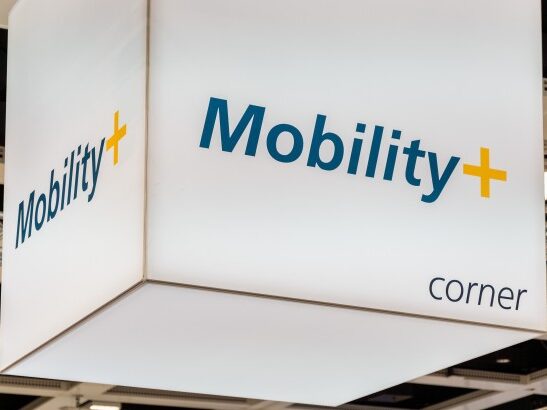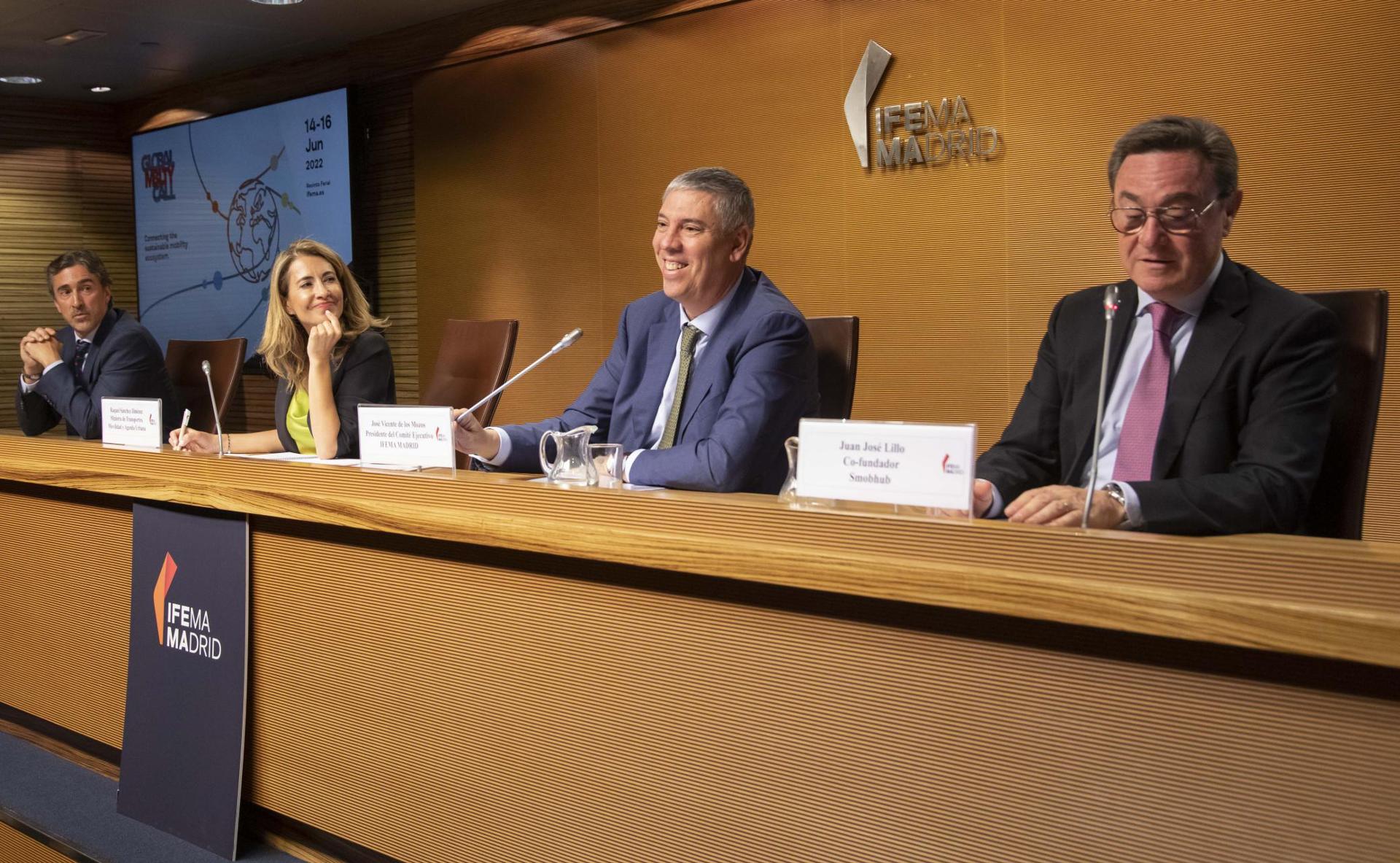International Leaders to Address Climate-Changing Transport Emissions and Design a Global Sustainable Mobility Ecosystem
First multi-sector event tapping on the unprecedented opportunity for a paradigm shift in mobility offered by the EUR 800 billion EU recovery funds and the Green Deal.
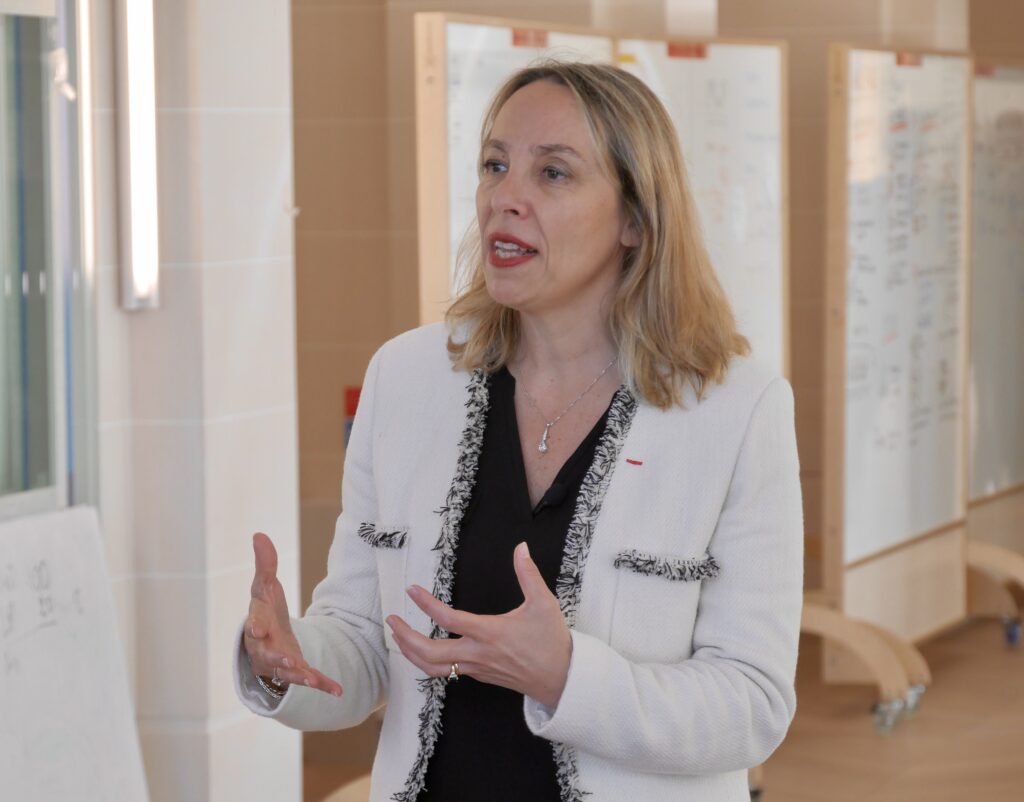
Globally, transport is responsible for around 30% of greenhouse gas emissions with road transport accounting for 15% and emissions from aviation and shipping rapidly growing. Tackling the negative footprint of global mobility while building future sustainable mobility and contributing to a green and inclusive recovery is the goal of Global Mobility Call, the international congress and exhibition that will gather CEOs, Ministers, and institutional and civil society leaders in Madrid on 14-16 June.
American physicist Michio Kaku, Israeli Entrepreneur Uri Levine, American Economist Jeffrey Sachs, MIT Senseable City Lab Director Carlo Ratti, are just a few of the 250 renowned speakers who will speak in the event together with the leaders from companies like Renault’s newest brand Mobilize, renewable energy international network REN21, and the World Road Association, among others. Global Mobility Call is spearheaded by the Spanish Government and is organized by IFEMA MADRID and Smobhub.
Energy efficiency, green hydrogen, urban transport electrification, mobility as a service, and the development of connected, safe and people-centred intermodal systems are some of the key topics and global trends experts will discuss.
Energizing the mobility transformation
Rana Adib, Executive Director at REN21, said:The transport transition will not happen without the energy transition, and the energy transition won't happen without the transport transition.
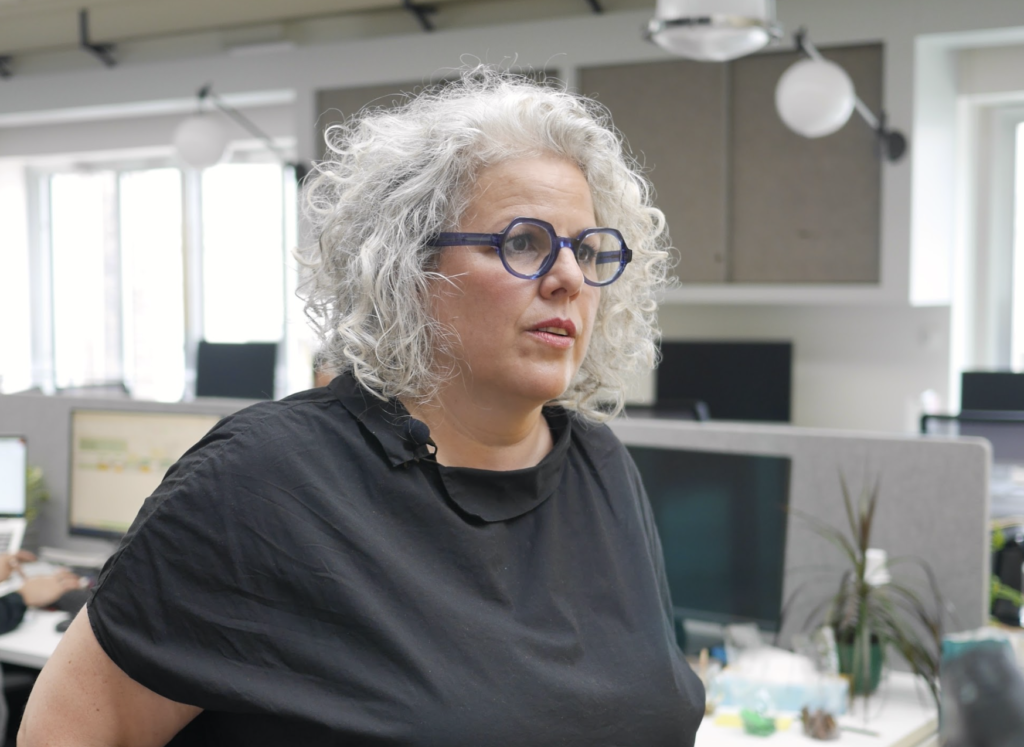
Adib, who will participate at the event in Madrid on 14-16 June, said:Global Mobility Call is an opportunity to basically bring the sustainable mobility community and the renewable energy community together, strengthen the bridges and advance thought leadership.
The energy we are consuming for transportation is very significant. It represents 32% of the total final energy demand. The big challenge on transport is that it highly depends on fossil fuel, and renewable energy only represents 3.7%. As a result, the carbon footprint of transportation is significant. It represents 21% of the CO2 emissions globally, and road transport represents 15%. This clearly means that we need to reduce the energy demand for transportation, for instance, by walking, cycling, public transportation, rail, etc. But it also means that the residual energy we are consuming needs to be covered by renewable energy.
Disrupting traditional markets
“Mobility is going to change. It has to change”, said Clotilde Delbos, Deputy CEO of Renault and CEO of Mobilize, the group’s newest brand. Delbos will be speaking at Global Mobility Call in Madrid.
Delbos said:Why does it have to change? Because there are things which are not fair today. For example, people buy a car, they don't use it. More than 10% of the time when they want to resell the car, it's worth 50% of its value. And we all know that public transportation is responsible for roughly 15% of the CO2 emission in Europe. So it has to change.
Our vision is very simple. We want to provide greener, shared and accessible mobility to all. And for doing so, we won't sell vehicles anymore. We will sell services and bundle of services from financial services, insurance, payment, energy, solutions, maintenance, and everything bundled in one-stop shop offer. And our goal is to represent 20% of all new group turnover by 2030. It's very ambitious. And all of that obviously while being profitable with double-digit margin.
Greening transport, the top priority for governments
Both private companies and the public are increasingly embarking in ambitious sustainable mobility plans.
Patrick Mallejacq, Secretary-General of the World Road Association, said:Our members -and our lead members are 125 member governments- have told us that sustainable mobility is really the core of what we need to work on, so they have asked us to work on topics like sustainable pavements, resilience of road networks, and intelligence of food systems to reduce greenhouse gas emissions. So sustainable mobility is really the priority of all our members.
80% of all inland transportation in most countries is going over roads, so roads are a major asset that needs to be properly maintained, Mallejacq who explained that “if a vehicle drives on a road that is not properly maintained that has not been properly designed, then in all cases that vehicle will emit more greenhouse gas emissions.
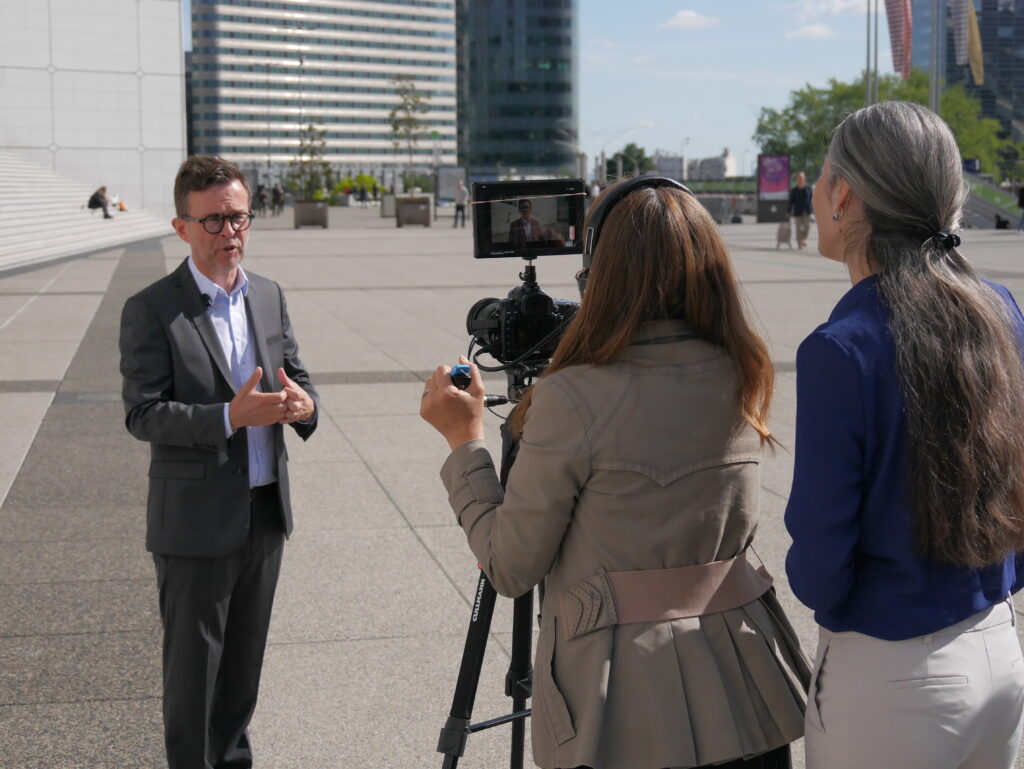
Making road transportation more energy-efficient, less polluting and safer is a pillar of the governmental strategies and EU Green Deal in the context of the post-pandemic recovery and the efforts to achieve the goals under the Paris climate change agreement and the Sustainable Development Goals.
These efforts imply a deep change in the mobility paradigm, said Raquel Sanchez, Spanish Minister of Transport, Mobility and Urban Agenda at a press conference in Madrid.
Sanchez underscored the importance of increasing energy efficiency, said:To achieve the decarbonisation of transport, that in our country is the main source of greenhouse gas emissions, and which also implies that we analyse alternative options to the private car that have a reasonable cost for citizens.
It is absolutely essential that there are spaces such as this (Global Mobility Call) in which we can share ideas, experiences, and commitments, above all commitments to sustainable mobility that will allow us to face the colossal challenge of climate change.
José Vicente de los Mozos, Chairman IFEMA MADRID Executive Committee underlined that “Global Mobility Call will be a unique opportunity to learn about the great advances that are taking place in the world in the process of transforming mobility.”
De los Mozos explained that Madrid and Spain are aimed at becomingthe world's leading hub for sustainable mobility. A sector that only in our country is expected to attract an investment of 54,000 million euros, and employment creation that could exceed one million people.
From 14 to 16 June in Madrid, thousands of leaders from the public and private sector will gather to collaborate in new projects and discuss the global trends, challenges and major opportunities tapping on the unprecedented opportunity for a paradigm shift in mobility offered by the EUR 800 billion EU recovery funds and the Green Deal.
For more insights on sustainable mobility including interviews with key sector leaders, visit the Global Mobility Call website here.
This article was originally published by IFEMA Madrid.




